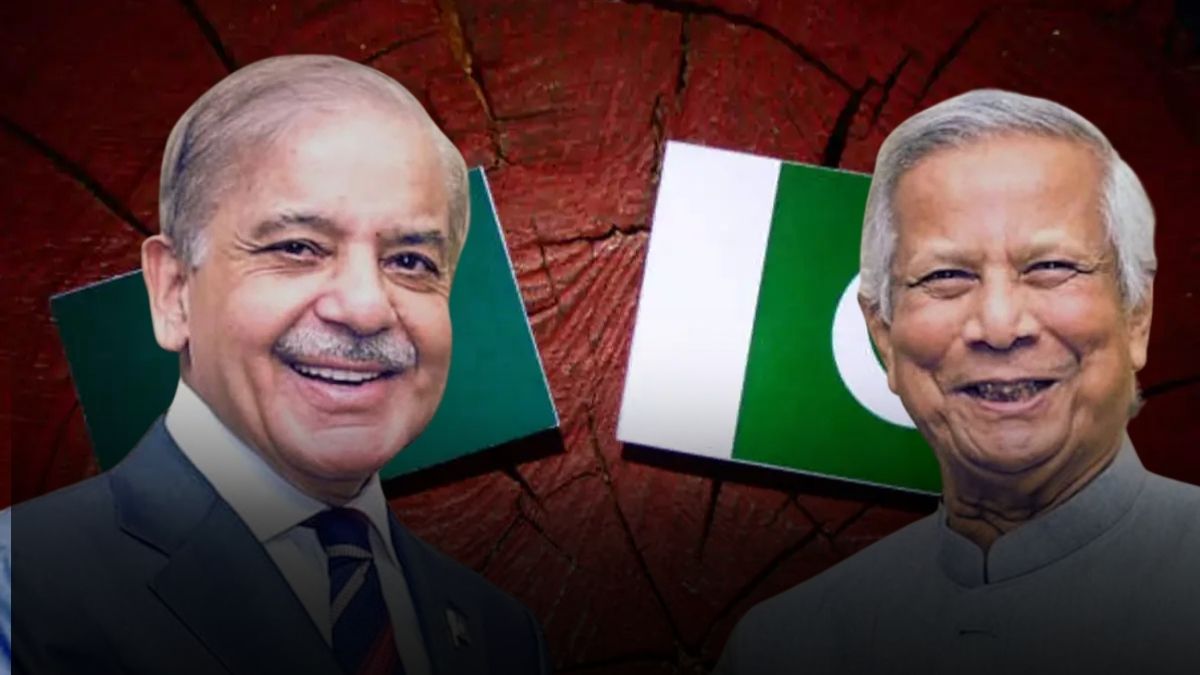India has found itself in a state of heightened vigilance following a new diplomatic development between its neighbours—Pakistan and Bangladesh. The recent decision by these two nations to allow visa-free entry for diplomatic and official passport holders has sent ripples through regional security circles, prompting a close watch from New Delhi.
What Has Happened?
The agreement, unveiled after an official meeting in Dhaka between Pakistan’s Interior Minister Mohsin Naqvi and Bangladesh’s Home Affairs Adviser Jahangir Alam Chowdhury, paves the way for diplomats and government officials from each country to travel without prior visa approval. This move mirrors a growing trend towards greater cooperation and easier movement among South Asian states, at least at an official level.
Why Is India Concerned?
While the visa waiver seems limited to diplomats and officials—not everyday travelers—the implications for India are significant:
- Security Concerns: Indian authorities worry that easier official access could lead to increased activities by Pakistani intelligence agencies in Bangladesh. There is a special focus on the eastern and northeastern border regions, where India shares a long and often porous boundary with Bangladesh.
- Regional Power Dynamics: The announcement comes at a time when ties between Dhaka and New Delhi have cooled, and Pakistan appears to be forging stronger links with Bangladesh. Observers suggest that this could open doors for increased anti-India activities or intelligence operations under the cover of “official business.”
- Influence Operations: With historical precedents of espionage and influence campaigns in the region, Indian security agencies are justifiably wary that more frequent and less scrutinized official exchanges could facilitate support or operational cover for groups hostile to India.
What Does the Agreement Actually Mean?
It’s important to note that the deal only applies to diplomatic and official passport holders. There is no change for ordinary citizens—the general public of Pakistan and Bangladesh will still need visas to visit one another, or India. The agreement also isn’t immediately in force, as both countries have yet to announce a concrete implementation date.
Beyond the visa deal, the two countries have pledged to bolster cooperation in counterterrorism, drug control, anti-human trafficking, and police training. A joint committee will oversee these efforts to ensure continued dialogue and enforcement.
How Is India Responding?
Indian agencies have stepped up monitoring at borders and are coordinating closely with local law enforcement, especially in sensitive Northeastern states. This high alert is a precaution, not a sign of immediate crisis, but it reflects the importance of regional alliances and security preparedness.
The Bigger Picture
This move points to shifting alliances and emerging strategic calculations in South Asia. As Bangladesh explores a more balanced foreign policy between New Delhi and Islamabad, India must stay vigilant to new security dynamics while seeking constructive regional engagement.
Conclusion
The visa-free deal between Pakistan and Bangladesh is a diplomatic milestone for the two neighbours and could potentially foster smoother collaboration—and, possibly, new challenges—for the region. For India, it serves as a timely reminder to reinforce border management, enhance intelligence sharing, and remain an agile player in evolving South Asian geopolitics. In times of changing alliances, a prudent mix of caution and cooperation will be key to India’s security and its role as a regional stabilizer.
